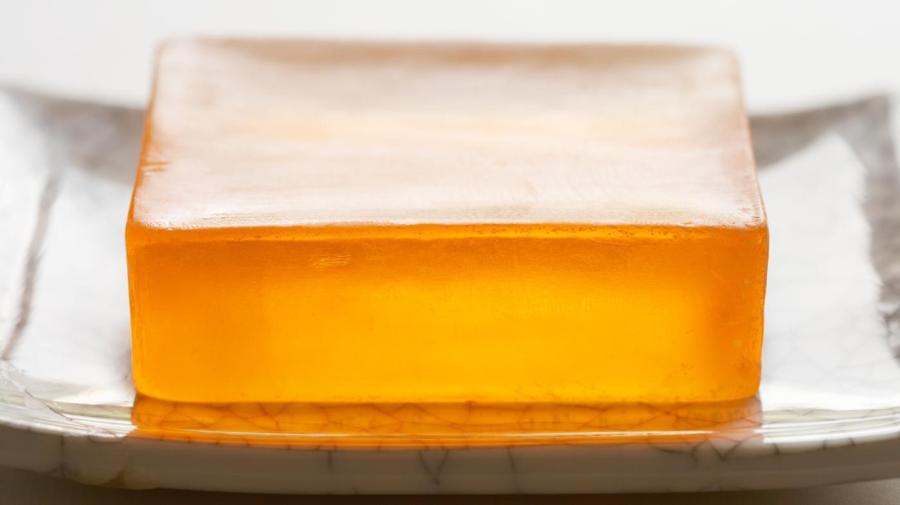Is Vegetable Glycerin Safe to Eat?

WebMD states that vegetable glycerin, also known as glycerol, is generally safe to consume orally for most people. It is possible for the ingredient to cause some side effects such as vomiting, dizziness, headaches and diarrhea. Glycerol is a popular remedy for constipation due to its ability to pull water into intestines and dissolve solid stools.
Encylopædia Britannica explains that glycerol is a thick, colorless and odorless compound that has a sweet taste. It occurs naturally and is related to other similar alcohol compounds. It was originally just a by-product of soap manufactured using oils and fats from animals and vegetables. After 1948, companies developed a way to form glycerol industrially, and as of 2014, it is one of the most commonly used ingredients in mass food production.
Glycerol can be purchased in its pure form from several health food companies and is also used in many prescription and over-the-counter medicinal treatments such as cough syrups, vaccines and suppositories. The compound is also an ingredient in many automotive, household and industrial paint products. WebMD states that many health care practitioners administer glycerol intravenously as a treatment for encephalitis, stroke, meningitis and other similar disorders that create excessive pressure in the brain.





